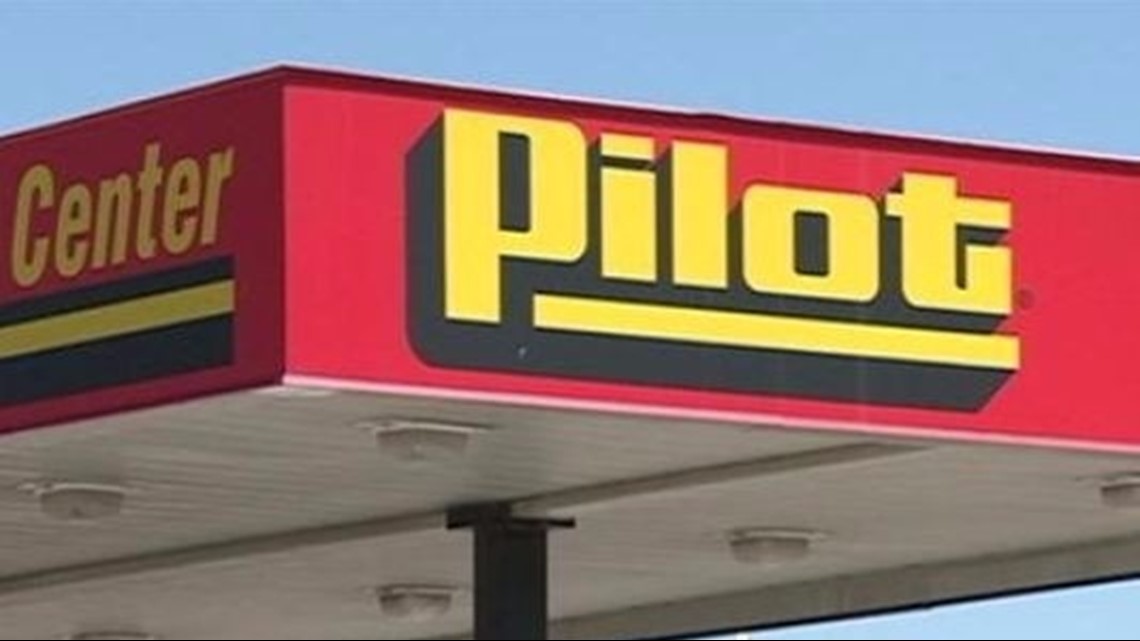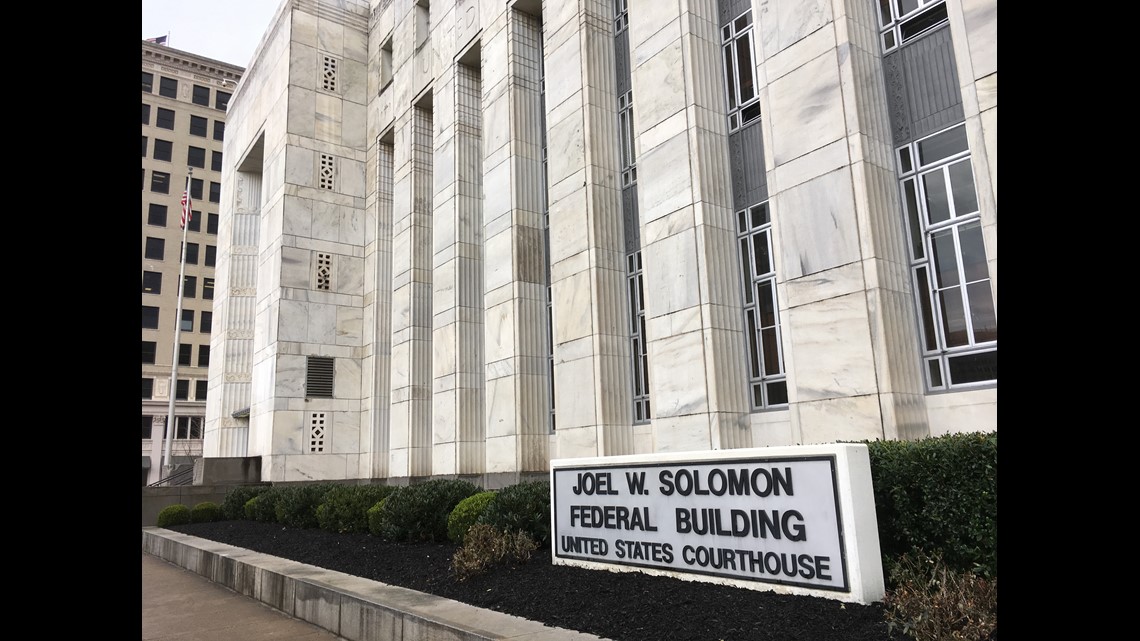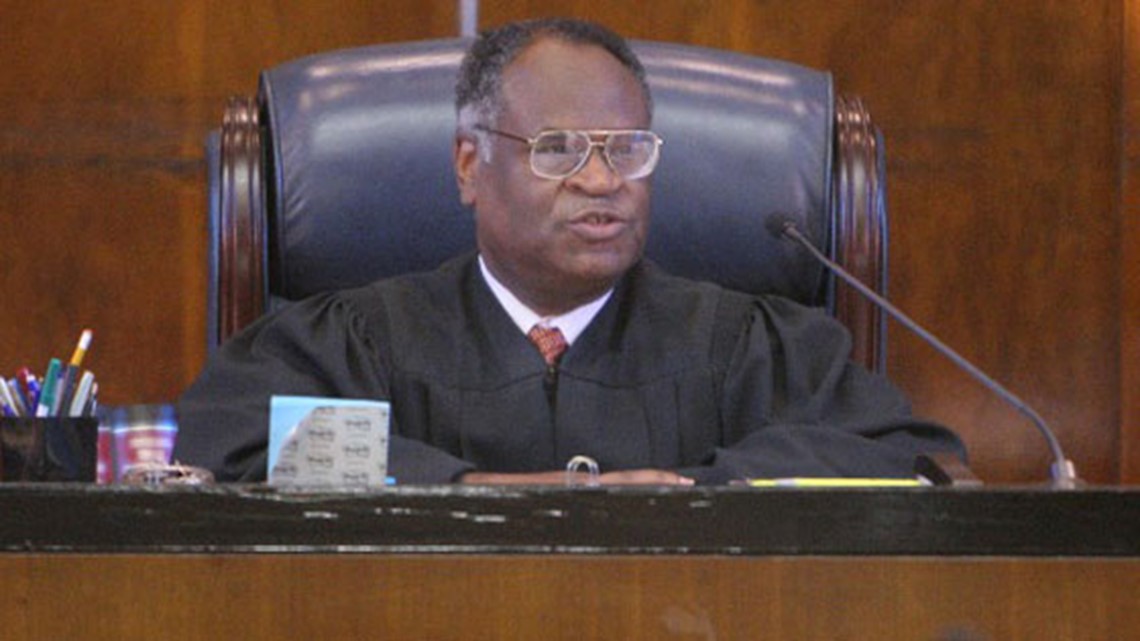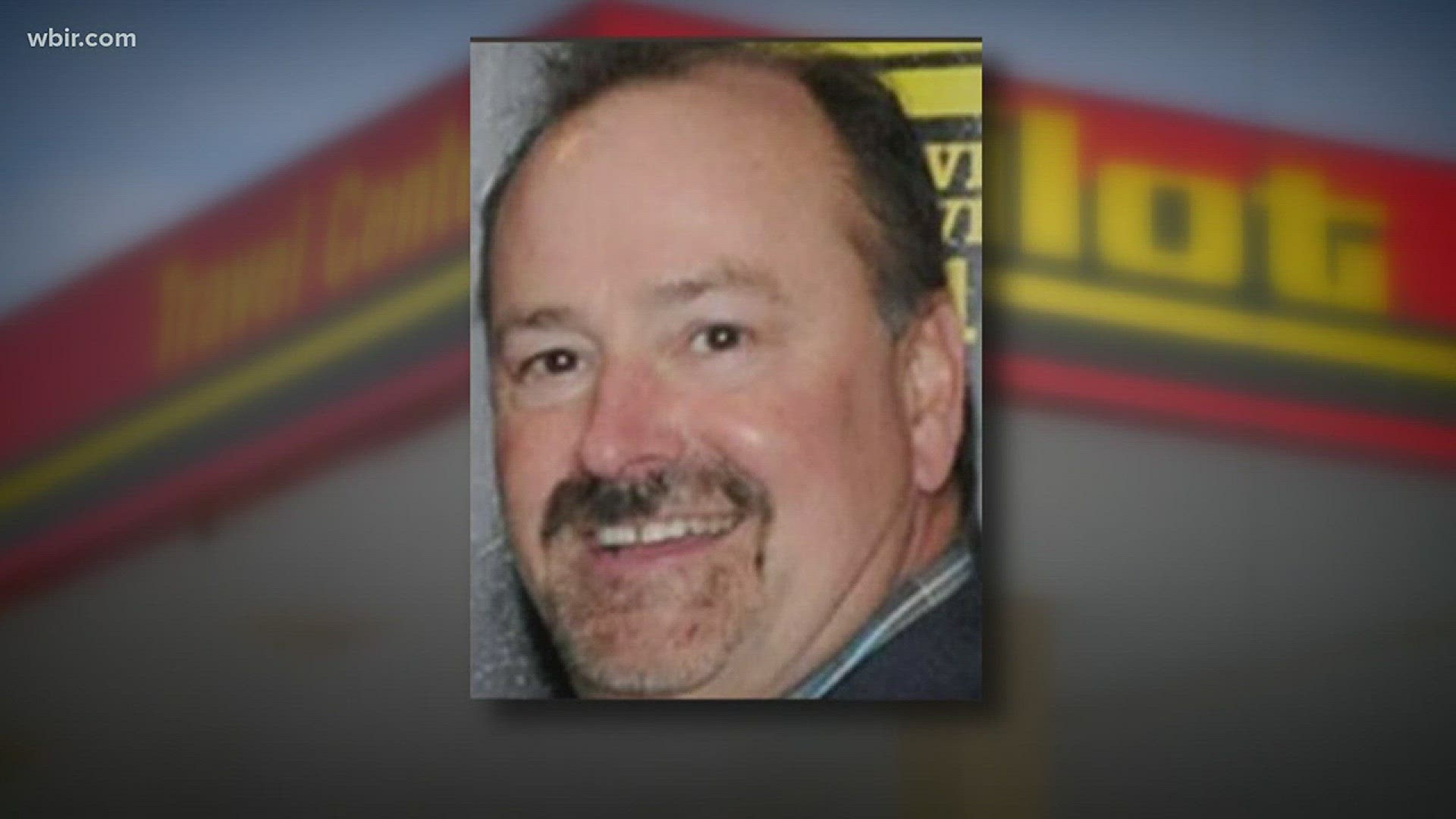UPDATE 6 P.M. WEDNESDAY: After a long three months, the federal fraud trial for four former Pilot Flying J employees suddenly is speeding to a close.
On Wednesday, government prosecutors formally announced they were done presenting evidence.
In rapid response, attorneys for lead defendant Mark Hazelwood said they weren't going to call any witnesses. Lawyers for the other defendants, Scott Wombold, Heather Jones and Karen Mann, appear unlikely to call more than a couple witnesses.


Unless prosecutors Trey Hamilton and David Lewen call rebuttal witnesses, the trial could be ready to shift to closing arguments within a few days.
U.S. District Judge Curtis Collier told lawyers at the end of the day Wednesday he would begin working on a draft of the instructions that jurors will have to follow once they take over. He said he wanted to confer with attorneys about proposed instructions Friday or Monday.
"The court needs to get working on jury instructions," Collier said.
Last summer the defense said it potentially could take three weeks to put on its proof. But it's not unusual for defense attorneys to call very few witnesses if any once the prosecution finishes its case.
The fraud trial for Hazelwood, the former Pilot president and almost 30-year employee, Wombold, Mann and Jones has taken several months in part because the court rarely has worked a full week and jurors got a one-month break over the Christmas and New Year's holidays. Bad weather and juror conflicts also have prolonged the trial.
Wombold calls expert to the stand
After Hazelwood's attorney Rusty Hardin said he was resting without calling any witnesses, Wombold's lawyers summoned William Jennings, a forensic accountant, to testify on Wombold's behalf.


Jennings testified he had questions about how a government witness, Darren Seay, approached an internal review of how past rebates and billings were prepared by Pilot.
The government alleges the defendants and others schemed from at least 2008 to 2013 to short change some fuel customers, promising rebates at one rate but actually reimbursing them at another for a higher profit. Unless the customer noticed and asked, they could end up getting scammed of what they were due, the government alleges.
As part of its case, the government asked Seay to run calculations on what rebate was paid and what should have been paid to help demonstrate the alleged scheme.
Pilot already has tacitly acknowledged the fraud, paying a $92 million penalty and more than $80 million in civil settlements. It also has been cooperating with the government since agents raided company headquarters in April 2013.
Fourteen employees have pleaded guilty and are awaiting sentencing. Some have testified at trial.
The prosecution gave Seay a rebate rate to figure as part of its analysis of how the fraud scheme worked.
Jennings, however, said Seay had an ethical obligation as an accountant to press for more information about what he was being asked to do. Jennings, who said he's done work for U.S. Attorney's Offices elsewhere in the country as well as forensic work for government agencies such as the U.S. Marshals Service, testified Seay was bound to press for more information.
"He had to do something to satisfy himself," Jennings testiified.
In his opinion, he said, Seay failed to do that in running calculations as requested by the prosecution.
He also testified that Wombold's commissions in a couple accounts in which scam rates were applied appeared to amount to little money. The prosecution, meanwhile, argues some sales employees such as Wombold profited handsomely by bilking many customers of what they were due.
On cross-examination from Hamilton, Jennings said he had no problem with the software tools themselves that were used to calculate figures in the internal audit.
Jennings testified his firm, based in Atlanta, was paid $250,000 for its work on behalf of the defense. Some of that work included a review of information that became moot or has not been brought up at trial, he said.
Winding down
Eli Richardson, one of Wombold's defense attorneys, told Collier at the end of the day Wednesday he might call one more witness Thursday and then was prepared to rest. Court is going only a half day Thursday.
Ben Vernia, representing Jones, said he didn't expect to call any witnesses unless Jones suddenly had a change of heart and decided to take the stand. Jonathan Cooper, speaking on Mann's behalf, said he didn't plan to put on proof for his client.
Collier noted Hamilton and Lewen could call rebuttal witnesses to counter what the defense put on.
The case is being heard in Chattanooga because of extensive publicity in the Knoxville area, where the private, multibillion-dollar company is based.
PREVIOUS STORY: The federal judge presiding over the fraud trial of four former Pilot Flying J employees ruled Wednesday the government has met its burden of proof so far and the case should carry on.
U.S. District Court Judge Curtis L. Collier turned back what's called a motion for acquittal, in which the defense argues not enough proof has been offered to show that someone committed what the prosecution alleges. It's a routine motion typically sought after the prosecution rests.
Collier's decision covers three of the four defendants. He said he wanted more time to consider the acquittal motion offered by attorney Jonathan Cooper on behalf of Karen Mann that little if any proof had been presented that ties her to any crime.
Collier also declined Wednesday morning to declare a mistrial as sought by defense attorney Rusty Hardin on behalf of Mark Hazelwood, the former Pilot Flying J president.


Hardin has repeatedly tried to bring an end to the trial on the basis that secretly recorded conversations presented to the jury and involving his client should never have been played. Collier cleared the way for several snippets of the conversations to be played earlier this month for the Chattanooga area panel.
On Wednesday afternoon, prosecutors Trey Hamilton and David Lewen were to rest, meaning defense attorneys could begin putting on any evidence they think is relevant.
Hazelwood, Mann, Scott Wombold and Heather Jones have been on trial since early November. They're accused of conspiring in a scheme to cheat some Pilot diesel fuel customers of promised rebates.
The prosecution alleges the scam went on from at least 2008 through 2013 and netted Pilot and some sales employees millions of dollars.
The defendants insist their either knew nothing about what was happening or had little involvement in any real ripoff.
Fourteen former Pilot employees have admitted being part of the scheme, and about a half dozen have testified for the government.
The secret recordings show Hazelwood and others in October 2012 engaging in racially charged conversations. At one point, the former president inquires about a David Allan Coe son that repeatedly uses a racial epithet. A Pilot employee who was cooperating with the government made the recordings amid a government investigation.

Hardin has acknowledged the content was disturbing. He also has insisted repeatedly that it was improper to let the jury hear it.
He said it has nothing to do with what Hazelwood is charged with.
"We continue to believe it was incredibly prejudicial," he said Wednesday morning. "We strongly believe it was totally inadmissible -- unbelievably inflammatory."
Collier filed a memo Monday explaining why he allowed the recordings, which WBIR, the News Sentinel and other media groups now seek to release.
The judge said Hardin brought up during the trial that his client was a responsible businessman who cared deeply about Pilot Flying J's reputation. As a result, the judge said the government had a reasonable right to offer proof to the contrary.
Other defense attorneys argued Wednesday the taped conversations were grounds for a mistrial on their clients' behalf. They say their clients weren't even present when the tapes were made at the lake home of a former Pilot vice president, John Freeman.

